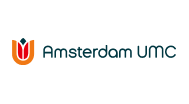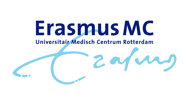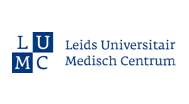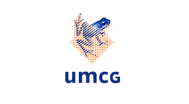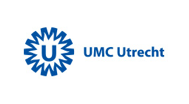Advanced medical programmes
After concluding the basic medical programme, graduates have various possibilities to pursue. The NFU plays an important role in the umbrella agreements, boundary conditions and content of the advanced medical programmes.
As a basic medical doctor, you can continue training as a GP, medical specialist, study for a doctorate or choose various other advanced programmes. The changing demand for care requires another expertise of doctors, so advanced programmes also have to adjust continuously. Along with extremely specialised doctors, there is, for example, an increasing need for broadly trained doctors. And differentiation in the programmeduration is becoming increasingly relevant. The programmes to train hospital doctors and emergency doctors have an accelerated track, for example. Another important change: some of the tasks of specialists will be transferred to others more often, such as nurse practitioners or physician assistants.
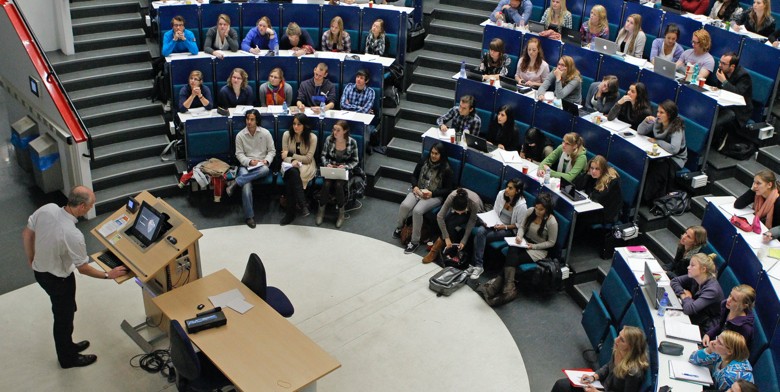
The NFU is contributing in various ways to support advanced medical programmes to harmonise with the new criteria that society is imposing on the medical professional of the future:
-
Regional training: the umcs train medical specialists together with other parties in the region.
-
Medical programmes continuum: about our future vision of the pre-track for advanced medical programmes.
-
Deciding together on programme and training: how do we train healthcare professionals to discuss with the patient which treatment suits him/her the best?
-
Distribution and allocation of intake: BOLS Foundation distributes the nationally available programme places per specialism.
-
Advanced Medical Programmes College (CMV): this committee advises the NFU about overarching policy with regard to the advanced medical programmes.
-
Individualisation of advanced medical programmes: with customisation, the programme to train a medical specialist can be completed faster.


